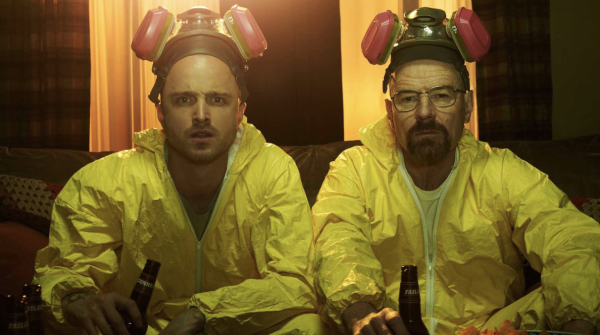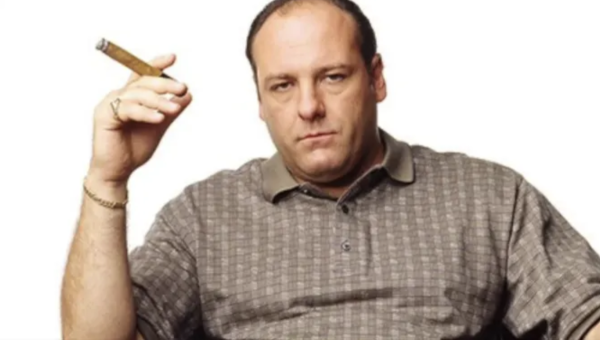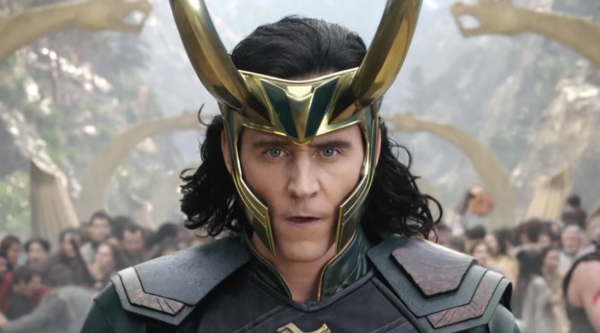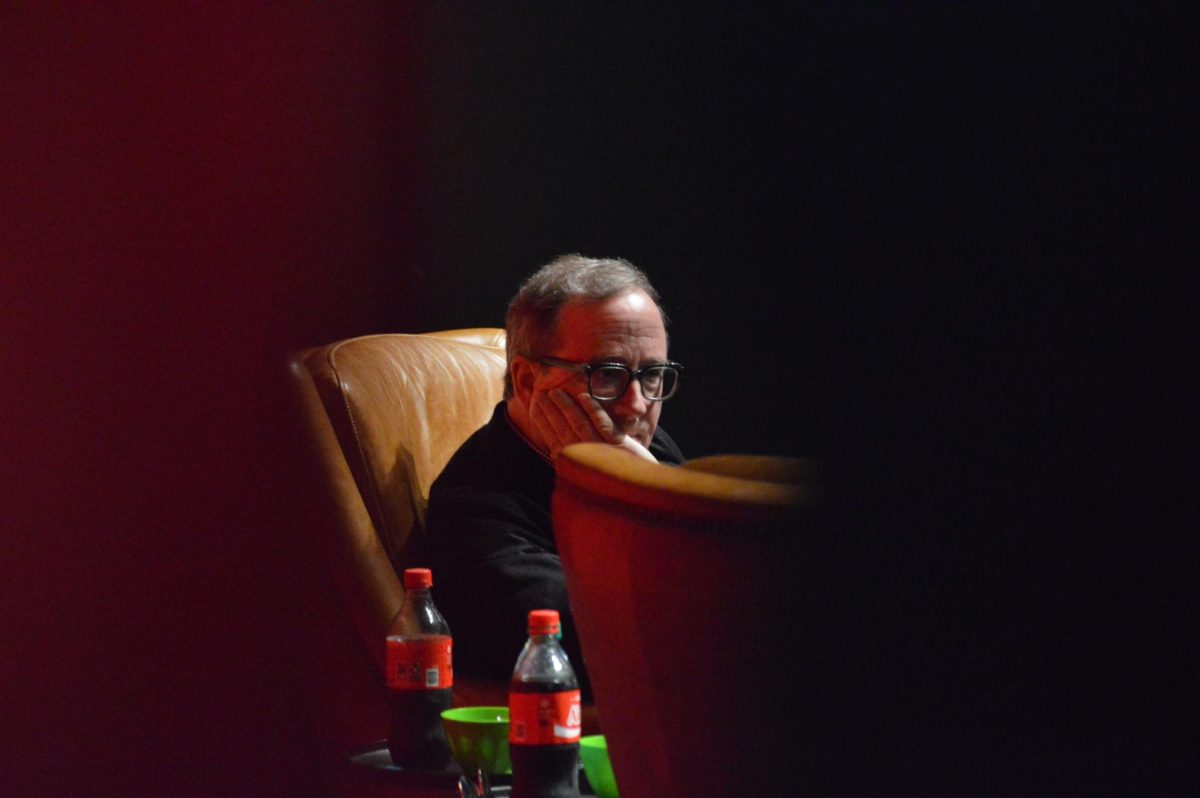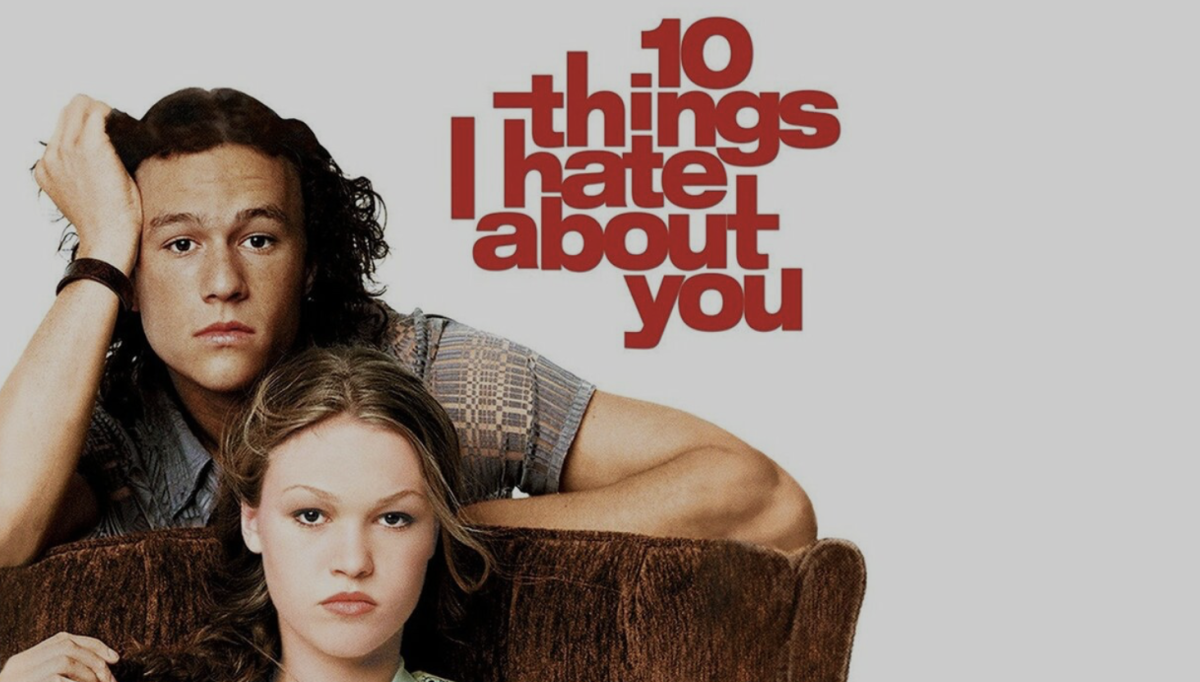In recent years, the antihero has become one of the most compelling and widely accepted character archetypes in television and film. From Tony Soprano and Walter White to comic book figures like Loki and the Punisher, these morally ambiguous protagonists captivate audiences. But why? Their flaws make them human, relatable and, in many ways, even more appealing than traditional heroes.
Unlike the classic “good guy” with clear moral lines, the antihero operates in shades of gray. They are imperfect—sometimes even unlikable—challenging our own conceptions of morality. Yet rather than repel viewers, these characters draw us in, forcing us to confront our own complexities. After all, who among us isn’t a little flawed?
A Reflection of Cultural Shifts
The popularity of complex protagonists speaks to broader cultural sentiments. In an era marked by rapid social change and heightened skepticism toward authority, audiences gravitate toward characters who navigate moral ambiguity. These figures serve as reminders that strength comes not from perfection, but from the courage to face one’s own imperfections. While traditional heroes inspire through unyielding valor, antiheroes resonate by exposing the struggles and vulnerabilities behind their facades.
Walter White: Power and Consequence
Walter White’s transformation in Breaking Bad exemplifies the modern antihero. What begins as a desperate attempt to secure financial stability for his family quickly spirals into a journey fueled by power, pride and moral compromise. Walter’s evolution mirrors the internal conflicts many face in their own lives. His story forces viewers to ask: How far would we go when pushed to our limits? His blend of ruthlessness and vulnerability makes him both compelling and unsettling—a reminder that even the most ordinary individuals can harbor extraordinary darkness.
Tony Soprano: The Struggle for Control
Similarly, Tony Soprano in The Sopranos embodies the contradictions of modern antiheroism. As a mob boss balancing the demands of a criminal empire with his own personal demons, Tony represents a multifaceted portrait of leadership, loyalty and inner turmoil. He challenges the traditional notion of heroism by showing that strength often comes with deep personal flaws.
Loki: The Trickster with a Heart
Marvel’s Loki thrives on unpredictability. As a trickster god, his mix of mischief, vulnerability and a longing for acceptance makes him both endearing and dangerous. His journey of self-discovery and redemption resonates with audiences who crave stories of transformation. Loki’s struggle reminds us that even the most flawed individuals deserve a second chance.
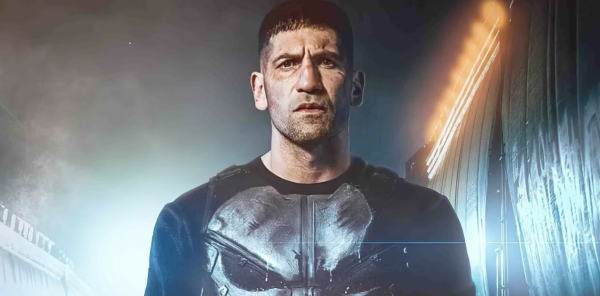
The Punisher: Justice at Any Cost
The Punisher presents a far grittier, darker take on antiheroism. Driven by vengeance and operating outside the confines of conventional law, he forces viewers to question the cost of justice. His relentless pursuit of revenge for his family’s murder strikes a deep emotional chord, making him both feared and sympathized with.
A Lasting Legacy
Walter White, Tony Soprano, Loki and the Punisher each offer a window into the complexities of modern life. Their stories invite us to examine our own moral gray areas, validating the imperfections we often hide.
The rise of the antihero is more than just a trend—it reflects a broader cultural shift. In a world where the boundaries between right and wrong are increasingly blurred, these characters challenge us to reconsider what heroism truly means. As studios continue to invest in morally complex protagonists, the antihero will remain a powerful force in storytelling, reshaping our understanding of what it means to be a hero in the modern world.

